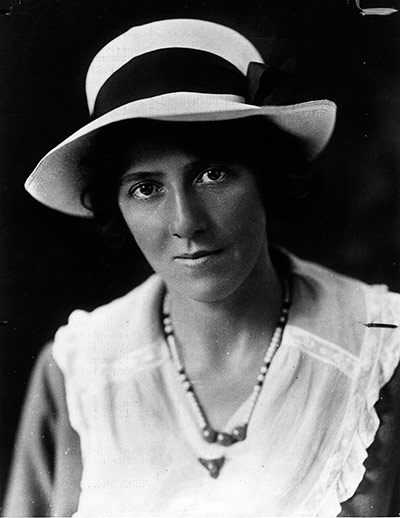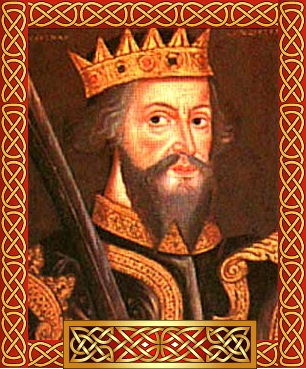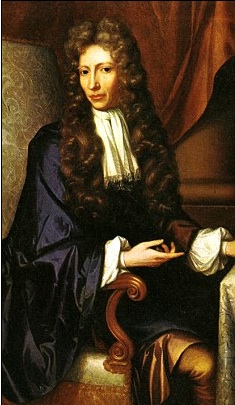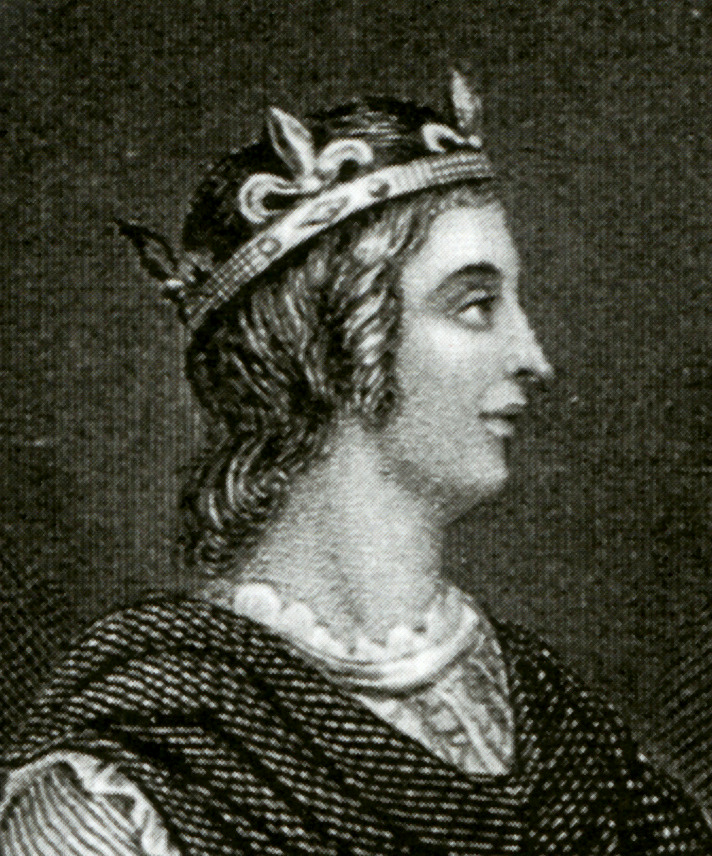Stopes was a campaigner for women’s rights and a pioneer in the field of family planning who was born on 15 October 1880 in Edinburgh to an archaeologist father and scholarly mother who was also a suffragist.
Her studies as a paleobotanist took her to universities in London and Munich, then to Manchester where she became the first female member of the science faculty at the university. In 1911, she married Reginald Ruggles Gates. The relationship quickly broke down, and Marie realised that her husband was impotent and the marriage was unconsummated. It was annulled in 1914.
Stopes’ reading on the subject prompted her first book ‘Married Love’, which was published in 1918. The book was condemned by churches, the medical establishment and the press but was very popular, selling 2,000 copies within a fortnight. Thousands of women wrote to ask her advice.
Marie Stopes became famous overnight and used the publicity to advance her cause. A second book, ‘Wise Parenthood’ followed. In the same year, Stopes married Humphrey Verdon Roe who was very supportive of her views. They had a son in 1924.
In 1921, Stopes opened a family planning clinic in Holloway, north London, the first in the country. It offered a free service to married women and also gathered data about contraception. In 1925, the clinic moved to central London and others opened across the country. By 1930, other family planning organisations had been set up and they joined forces with Stopes to form the National Birth Control Council later the Family Planning Association.
The Catholic church was Stopes’s fiercest critic. In 1923, Stopes sued Catholic doctor Halliday Sutherland for libel. She lost, won at appeal and then lost again in the House of Lords but the case generated huge publicity for Stopes’s views.
Stopes continued to campaign for women to have better access to birth control, but spent most of the last two decades of her life writing poetry.
She died on 2 October 1958.











